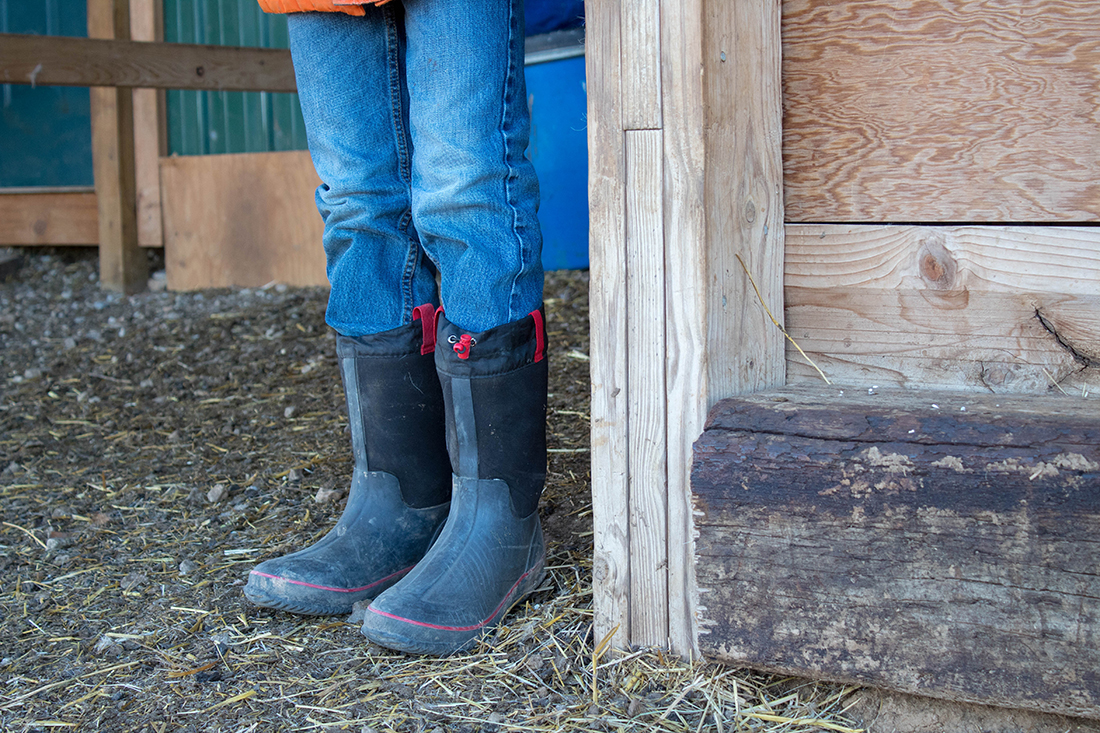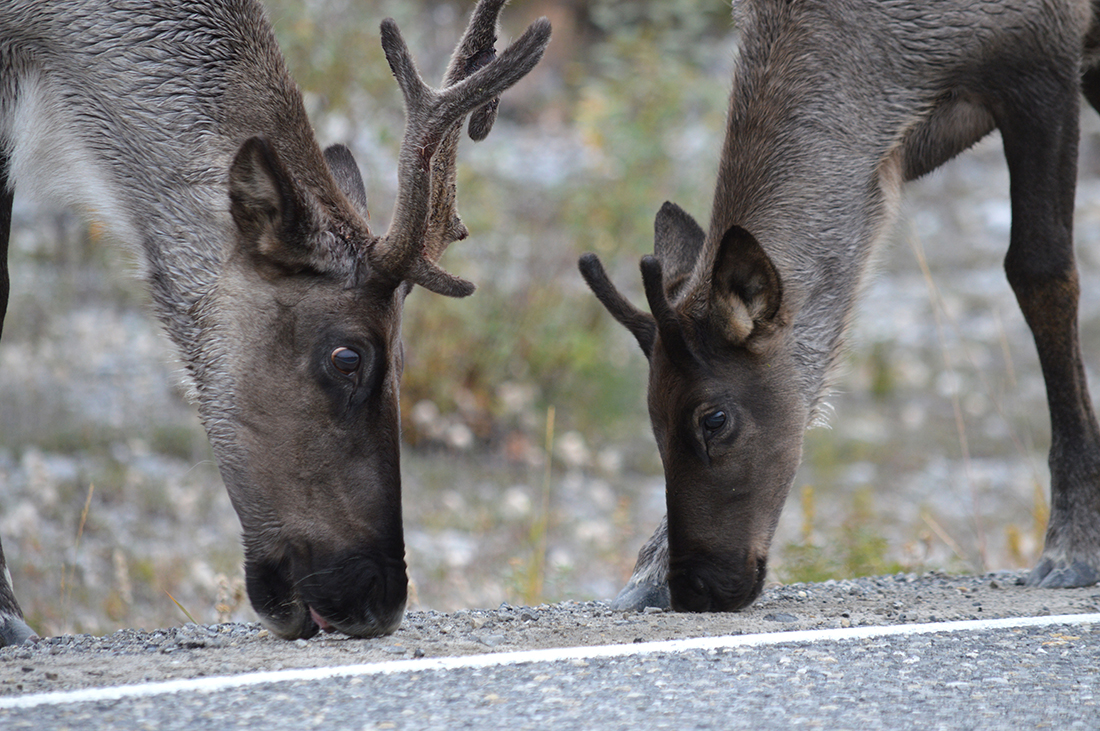Children can continue to help on their family’s farm, even as the province moves to bar youth under the age of 16 from dangerous occupations.
“We are moving the minimum age from 12 years to 16 years,” BC labour minister Harry Bains said April 29, announcing a host of amendments to the Employment Standards Act. Youth aged 14 and 15 will be able to hold employment with parental consent.
“Those who are 14 and 15 years, they can work at light duty, which will be described through regulations later, but they will not be allowed to work in dangerous occupations like construction, mining, and others,” said Bains.
A BC Law Institute report on the Employment Standards Act last year noted that WorkSafeBC statistics indicate that there wasn’t a year between 2005 and 2016 that workers aged 14 years and under hadn’t suffered an injury severe enough to qualify them for a long-term disability pension. The report didn’t provide a breakdown indicating the sectors employing those youth.
The deaths of three sisters in a bin of canola in Alberta in October 2015 was followed by that province introducing Bill 6, which made farms and ranches subject to the province’s workplace safety laws. The bill provoked concern that children wouldn’t be allowed to help parents with farm chores.
The final bill clarified this was not the case, and a submission by the BC Agriculture Council to the province during consultations regarding the BC legislation pointed out that Alberta’s youth employment rules “do not apply on farms and ranches.”
Bains confirmed this isn’t the intent of the new BC rules, which specifically target paid employment.
“They can still work to help out the household chores or work on their family farm,” he said. “[It’s] the employer-employee relationship we’re talking about.”
Known as Bill 8, the proposed legislation also requires the licensing of farm labour contractors.


 Caribou recovery plan has ranchers worried
Caribou recovery plan has ranchers worried